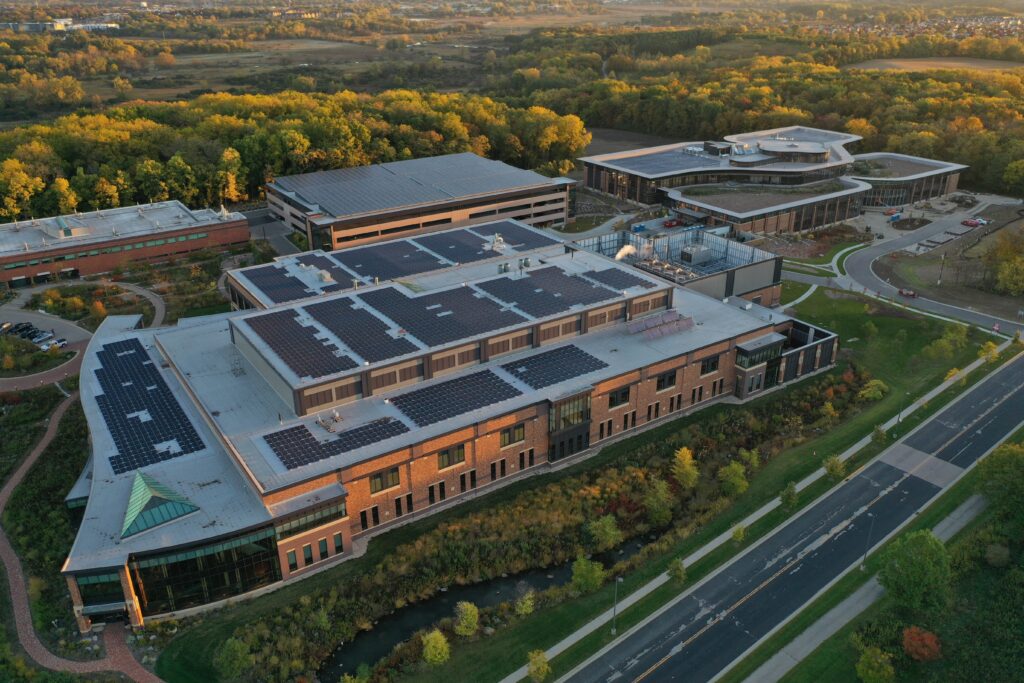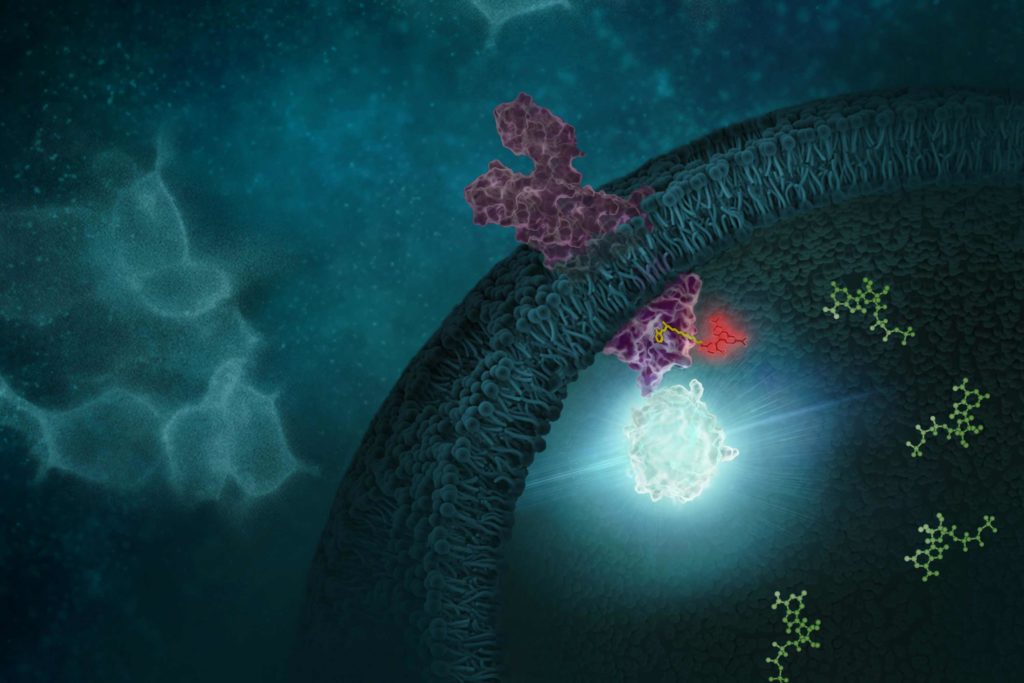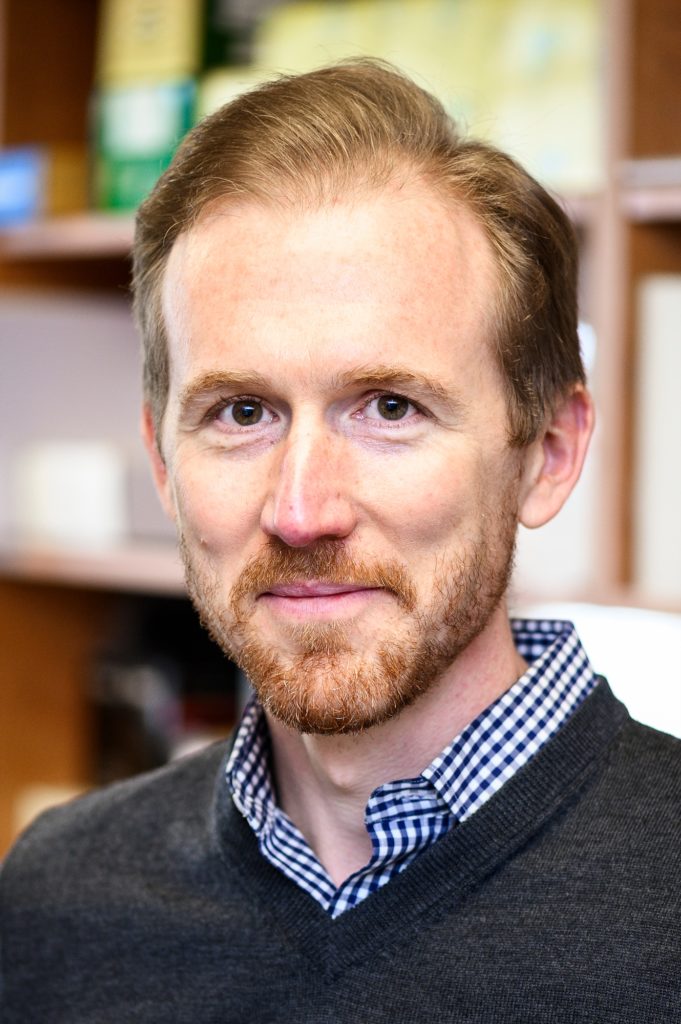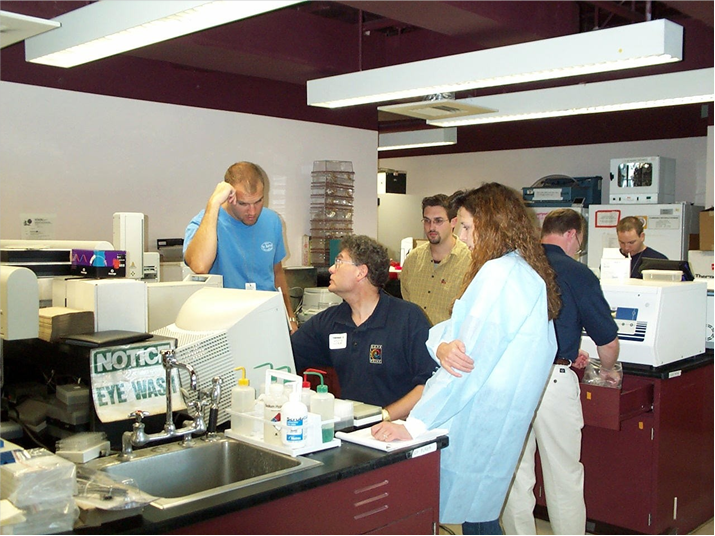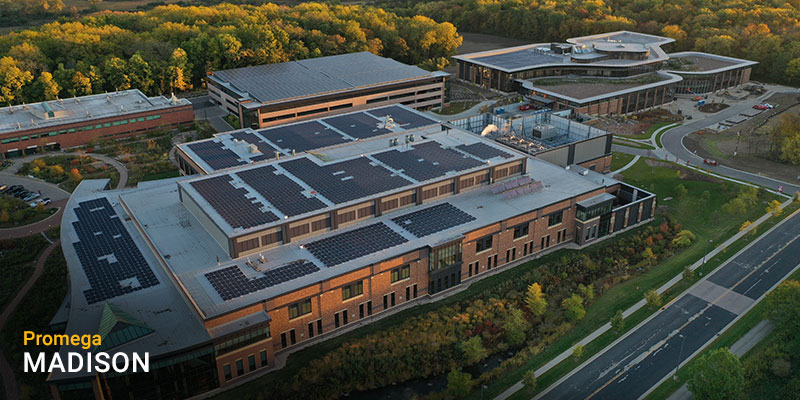“I want to make sure that what I think I want to do, truly is what I want to do.”
Anusha Ray Dey started working in a research lab as an undergraduate at the University of Wisconsin-Madison because she imagined it would improve her future application to medical school. However, there was one twist she didn’t see coming – Anusha realized she really enjoyed working in research. Now graduated, she’s earning a Masters degree to gain more experience before making her next decision.
“I could go into industry and do research, or even be a research coordinator. But maybe I’ll decide to still go on to medical school,” Anusha says. “My experiences in research definitely did shift my plans.”

Supporting Mental Health on Campus
Anusha Ray Dey completed an undergraduate thesis searching for chemical signals in the urine of male orangutans. She has a black belt in tae kwon do and she loves to draw. For an honors project, she drew all of the illustrations for an animated video on Alzheimer’s Disease.
Continue reading “Getting To Know D.O.O.R.S. Scholar Anusha Ray Dey”